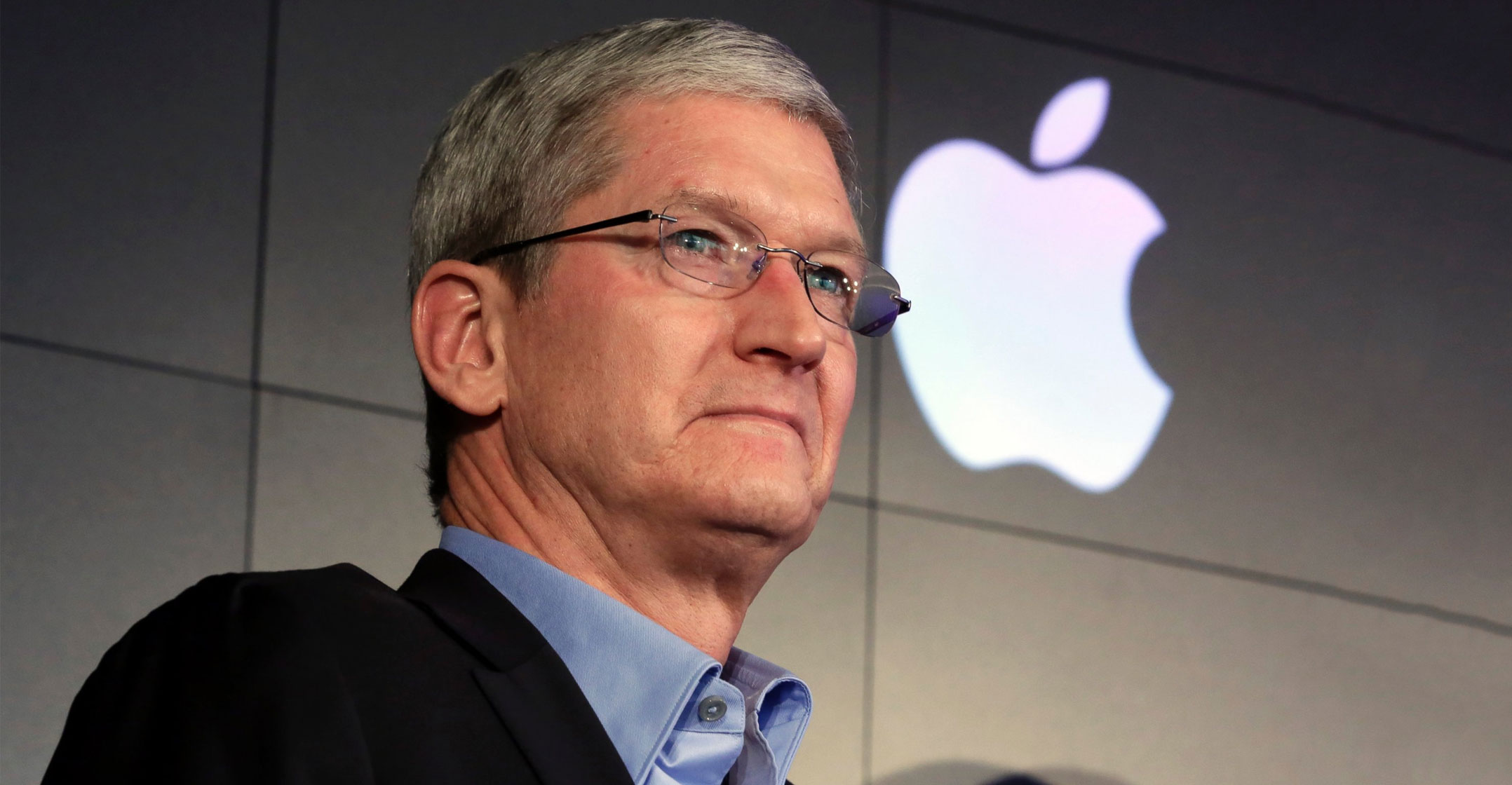
Apple CEO Tim Cook sidestepped most of the criticism two weeks ago when he appeared before the US congress at an antitrust hearing with his peers at Alphabet, Facebook and Amazon.com taking the heat.
Over the past several days, however, videogame developers ranging from Epic Games, Microsoft and Facebook, have ensured that Apple doesn’t dodge scrutiny over its App Store practices and policies.
Last week, Microsoft criticised Apple for barring its Xbox Game Pass service from the iPhone and iPad. “Apple stands alone as the only general purpose platform to deny consumers from cloud gaming and game subscription services like Xbox Game Pass,” the Redmond, Washington-based software maker said in a statement. “And it consistently treats gaming apps differently, applying more lenient rules to non-gaming apps even when they include interactive content.”
Apple has said it doesn’t let cloud-based gaming services on the App Store because it needs to review all games individually before they can run on the platform.
Facebook chief operating officer Sheryl Sandberg echoed Microsoft’s complaint after Facebook was forced to launch its new gaming service on iPhones without any games. Users can watch live streams of people playing games and be part of a social network of gamers, but can’t play themselves.
“We had to remove game-play functionality entirely in order to get Apple’s approval on the standalone Facebook Gaming app — meaning iOS users have an inferior experience to those using Android,” Sandberg said.
Key area
Gaming is a key area for Apple as its seeks to generate new revenue sources. Last year, it launched Apple Arcade, a US$4.99 monthly subscription that gives access to a library of premium games across its devices. Purchases inside games as a broad category — of which Apple typically takes a 30% cut — are one of the biggest sources of App Store revenue, bringing in $22.2-billion for developers in the first half of 2020, according to Sensor Tower.
Epic Games, whose CEO Tim Sweeney has been a vocal critic of Apple’s App Store practices, raised the pressure on Thursday. The game maker added an option in its popular game Fortnite on Apple devices to pay Epic Games directly, circumventing Apple’s rules and working around the iPhone maker’s fee. Hours later, Apple removed the game, citing the rule violation. Google also removed Fortnite from the Android Play Store later in the day. Minutes after Apple’s removal, Epic Games sued Apple, saying its App Store violated antitrust law.
Game installations on iOS were up nearly 20% year over year in the second quarter, driven in part by the global pandemic keeping people home and topping 2.5 billion downloads. Fortnite was one of the most downloaded games in the period, topping nine million installations, Sensor Tower said. Apple would lose tens of millions of dollars if Epic bypassed Apple’s payment system for Fortnite.
 “Apple has become what it once railed against: the behemoth seeking to control markets, block competition and stifle innovation,” Epic Games said in its lawsuit. “Apple is bigger, more powerful, more entrenched and more pernicious than the monopolists of yesteryear.”
“Apple has become what it once railed against: the behemoth seeking to control markets, block competition and stifle innovation,” Epic Games said in its lawsuit. “Apple is bigger, more powerful, more entrenched and more pernicious than the monopolists of yesteryear.”
The gaming industry, perhaps, has the loudest voice in the antitrust argument against Apple because App Store rules are often the most strict on games.
In addition to barring cloud-based gaming services, which have been popularised by Google, Nvidia and Microsoft, Apple doesn’t let gamers subscribe outside the App Store and then use the subscription on an iPhone and iPad. Such an exemption is made for music, video, news, cloud and business apps.
That exemption has led other App Store critics, including Spotify Technology, to push users to subscribe on their websites, then log in on the iPhone. That lets customers use the app on the iPhone, without providing a revenue share to Apple. While Spotify has long publicly complained about Apple’s practices, it has never pulled its app or violated Apple’s rules to cause the iPhone maker to remove it — marking the Epic Games confrontation as an escalation of tensions between Apple and service providers on its platform. — (c) 2020 Bloomberg LP




